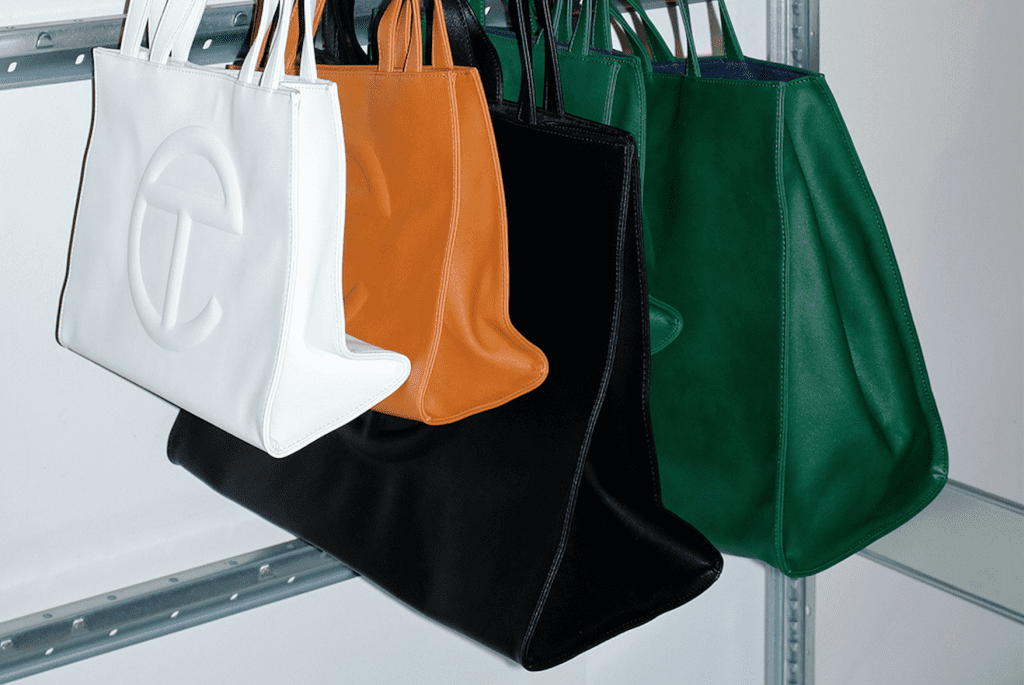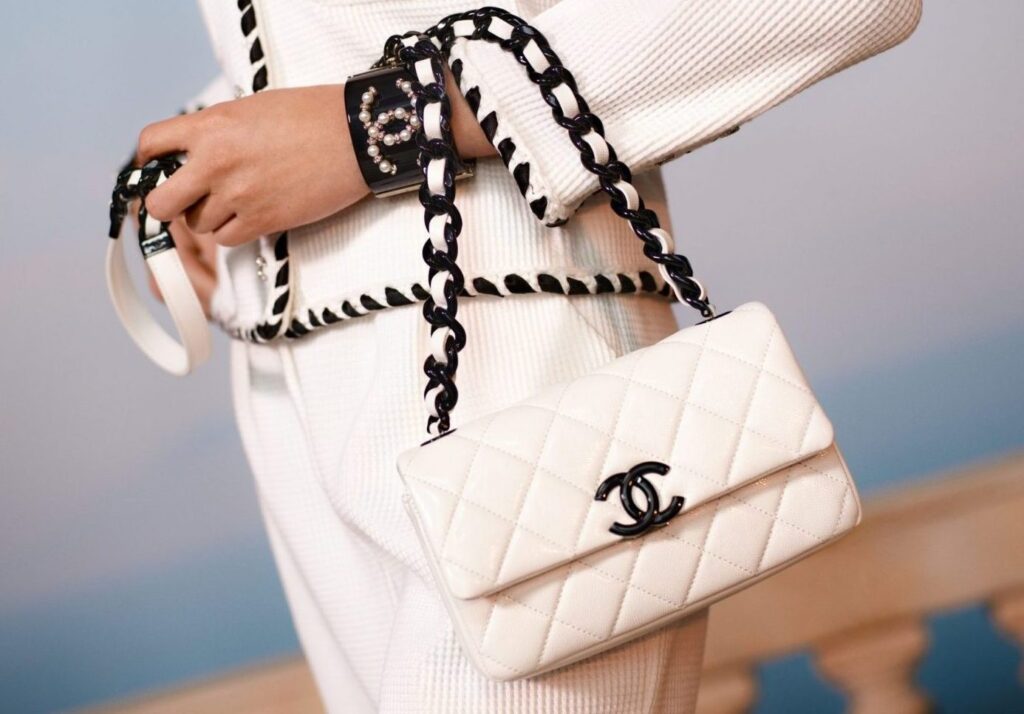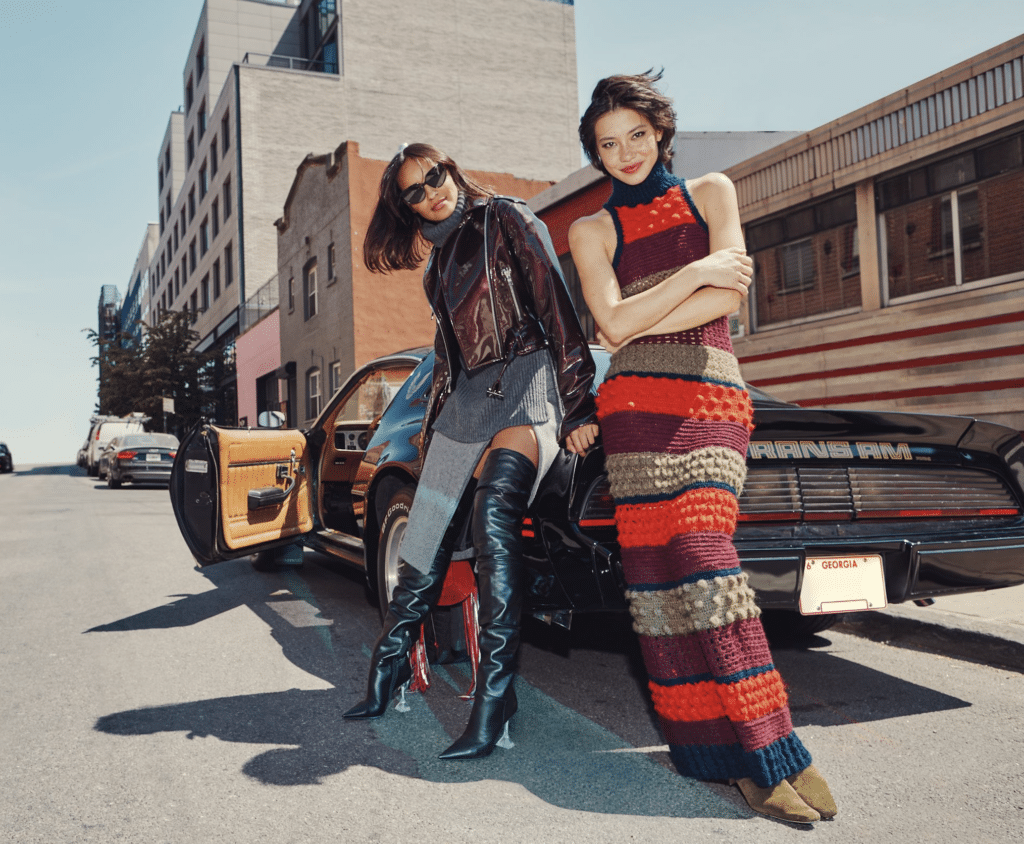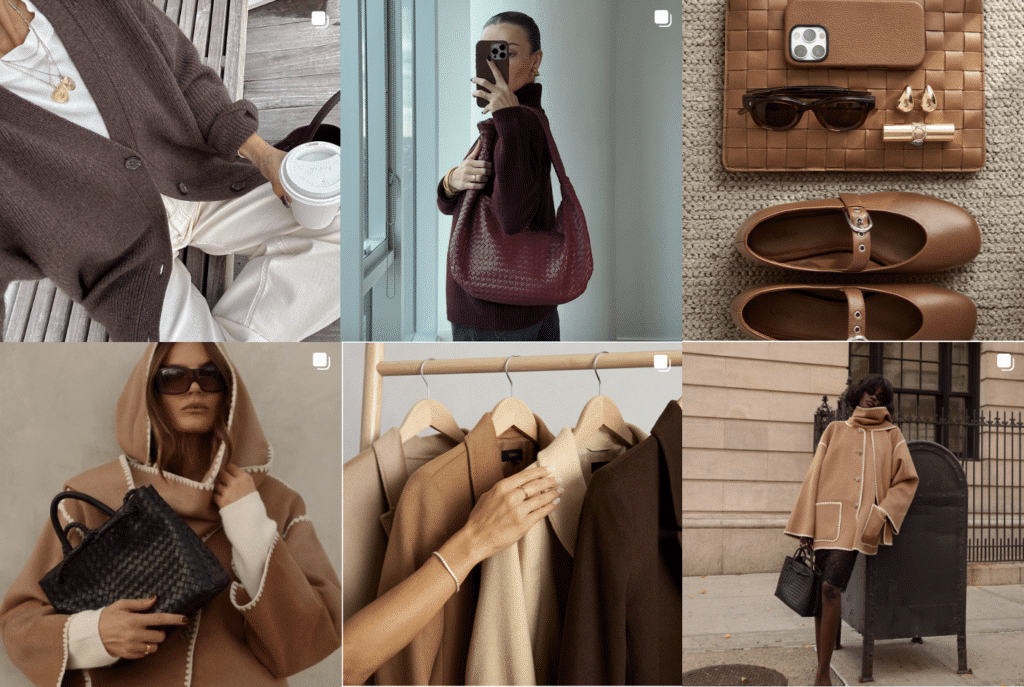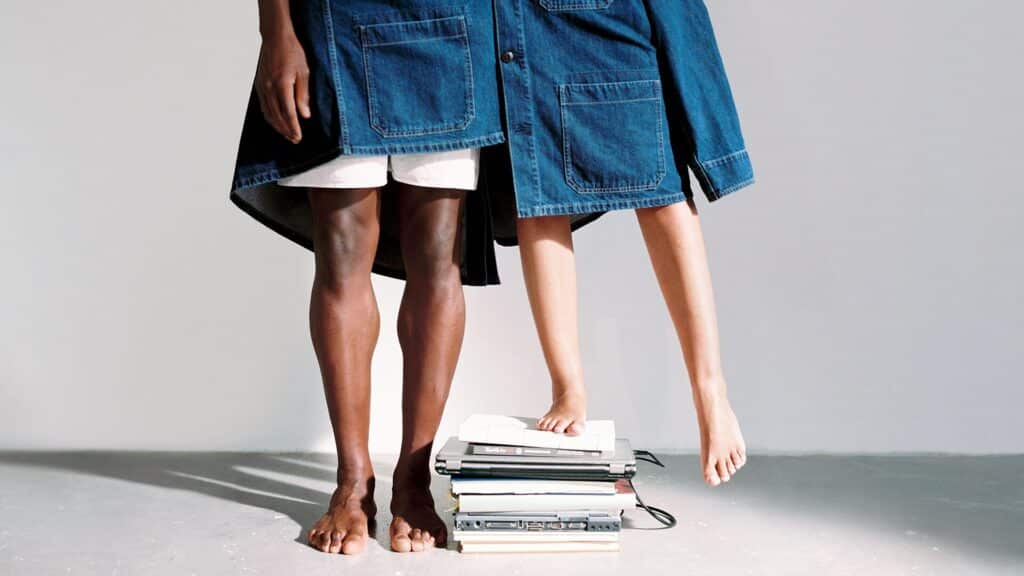Nicknamed the “Bushwick Birkin,” Telfar’ Shopping Bag is a “status symbol for people into fashion, especially in Brooklyn, New York,” where the brand is headquartered. Each time a new stock of the bag drops online, they have been virtually impossible to get. The hard-to-come-by nature of the bag – which ranges in size from “mini” to “large” and maxes out at $240 – is due to a confluence of forces, namely, a mixture of thoroughly limited supply, fast-acting bots and resellers, and enduring consumer demand from fans of the brand. To remedy the constant sold-out status of the bag, the 15-year old brand introduced the Telfar Bag Security Program.
For its next drop of bags, which is slated to take place on August 19, Telfar wants to ensure that anyone that wants a bag – or multiple bags – will get it. Specifically, this means that the brand will offer consumers the opportunity to buy “every size and color for unlimited pre-order” for a 24 hour period. Pay for the bags upfront, and Telfar will make them and deliver them between December 15, 2020, and January 15, 2021, while still doing periodic bag drops in the meantime.
In a statement on Monday, the unisex fashion brand, which was founded by Telfar Clemens in 2005, revealed that the program is in line with its ultimate goal of “accessibility and community.”
“We are not about hype and scarcity,” Telfar asserted in the statement, noting that it “didn’t set out to make an impossible to get product … but the truth is (with or without the bots and resellers) when thousands of bags sell per second, we can’t even know how many to make. We plan production 6 months in advance, [and] it takes time and money to make bags.” For the “100 percent self-financed” brand, the pre-order program seems like a reasonable response.
The move is an interesting one from an economics standpoint. There is a risk that when the supply of the bags is seemingly unlimited, demand very well might fall. Yet, “Clemens is not worried about oversaturation — that if more people have the bag, it will become less desirable,” The Cut’s Emilia Petrarca wrote on Monday. This comes in stark contrast to the approach of Hermès, the company behind the bag that Telfar’s Shopping Bag is readily compared to due to its consistent demand and difficult-to-obtain nature. The Paris-based Birkin-maker, after all, has a long history of strictly limiting demand to maintain mystique around its $10,000-plus bands and in furtherance of its belief that “people still want things that not a lot of people can get,” which is how Hermès’ president and CEO for the Americas Robert Chavez described the company’s strategy a couple of years ago.
While Telfar seems to be benefitting from some of the draw of wanting what you can’t have, that appears to be something of an unintentional side effect of its growing popularity.
How, exactly did it get to this point, the point at which the cult-favored brand sold more than 5,000 of the Shopping Bags between 2018 and May 2019, according to the Wall Street Journal, “ringing up more than $500,000 in sales at the 28 stores that carry it and by way of the Telfar website”? The bag – which “has helped spur Telfar’s annual sales to $1.6 million from $100,000” between 2017 and 2019 – has gained viral popularity since it first launched in 2014 in part due to the help of celebrity fans, such as Solange, A$AP Ferg, Chloë Sevigny, Selah Marley, Dua Lipa, Bella Hadid, Selena Gomez, and even a Real Housewife of New York, who have all been photographed with the bag. Add to that, truly widespread brand awareness on social media, where fans routinely lament – and in many cases, make light of – the fact that the bags are virtually impossible to get.
It also does not hurt that the bag is “practical and functional while being graphically interesting with the embossed logo and excellent material at an accessible price point,” as SSENSE Senior Director of Womenswear Buying Brigitte Chartrand told Dazed. “The fact is – a few years ago there was no genderless, accessibly priced, black-owned bag, period – and also there was no one to wear it,” Clemens and Telfar creative director Babak Radboy, told the publication. That is no longer the case: the Shopping Bag changed that.
In terms of the bag, itself, what Clemens and Radboy say that while it is relatively “simple” in terms of its design, “you really can’t compare it to anything in fashion.” As for its new pre-sale approach to retail, that very well might catch on, particularly given that inventory – or better yet, excess inventory – has long been a costly issue for the fashion industry, something that has only been exacerbated by COVID-19. A larger movement towards pre-sale could serve to remedy that.
As Aslaug Magnusdottir, one of the co-founders of high fashion pre-sale site Moda Operandi recently wrote in an article for Forbes, “COVID-19 has exposed a fundamental weakness in the traditional fashion system: matching supply and demand.” She states that “industry leaders have long known that the old way of doing things – i.e. seasonally manufacturing [large quantities of] items abroad without any advance customer feedback and then, months later, hoping that these items sell in retail stores around the world – doesn’t work.” She notes that “industry overproduction runs at an incredible 30 to 40 percent each season,” making this an aspect of the industry that is “ripe for an overhaul.” Namely, she expects brands to reevaluate of how they produce their products and in what quantities.
One of the expected byproducts of this will be increased reliance on pre-orders and on-demand manufacturing, the latter of which will see a growing number of brands opt to order as few as single pieces, and shun the longstanding norm of ordering hundreds of styles or individual garments or accessories that they may never sell (and then have to markdown or destroy). Or in Telfar’s case, they simply may not have enough of the products on hand to meet consumer demand. “With on-demand manufacturing there is no inventory, no textile waste, and no warehousing,” says Kirby Best, CEO of OnPoint Manufacturing, based in Florence, Alabama. There is also quite a bit less guesswork when it comes to manufacturing quantities, something that all brands can benefit from, Telfar included.







